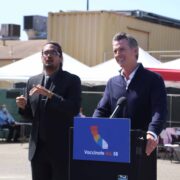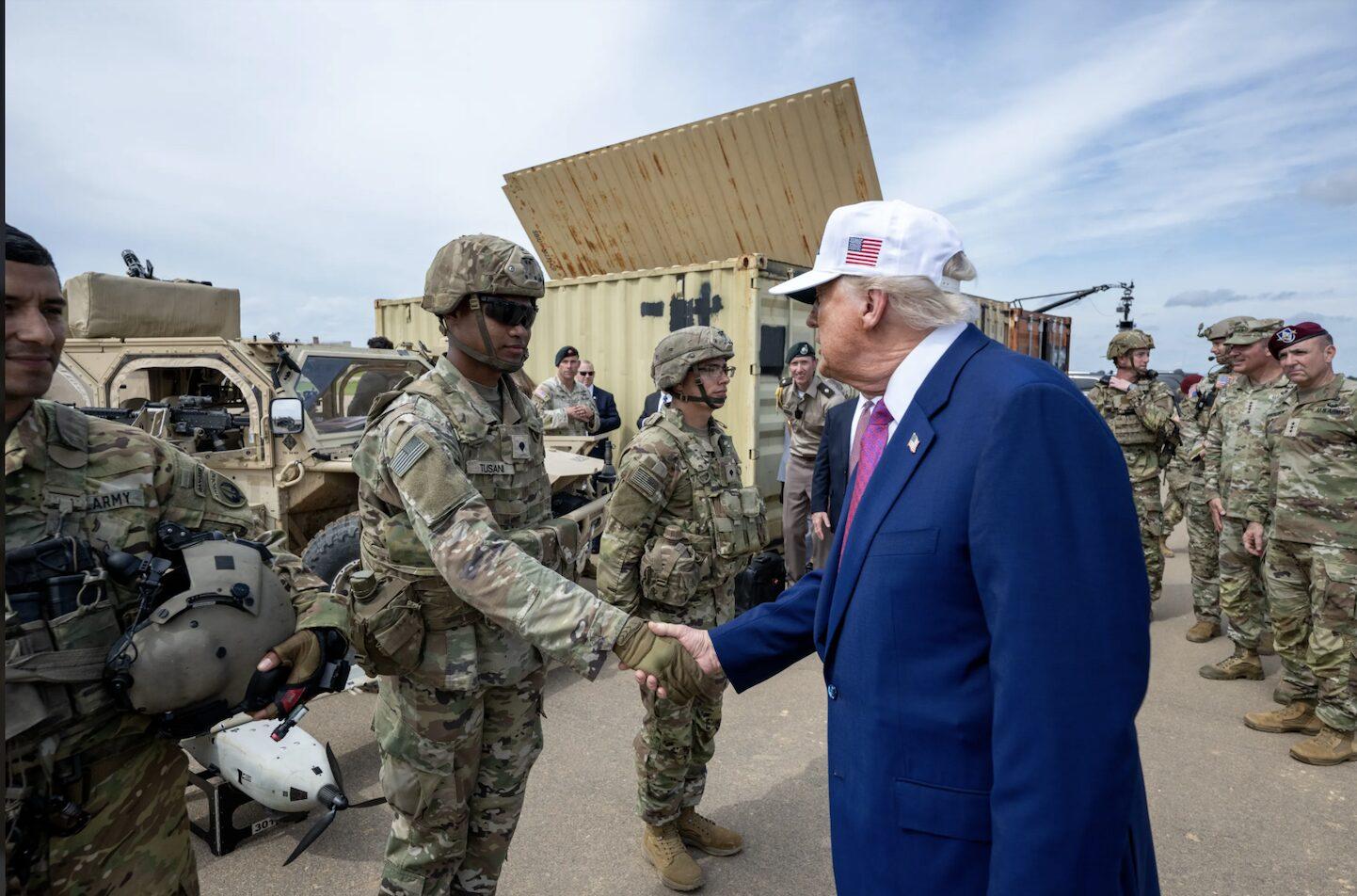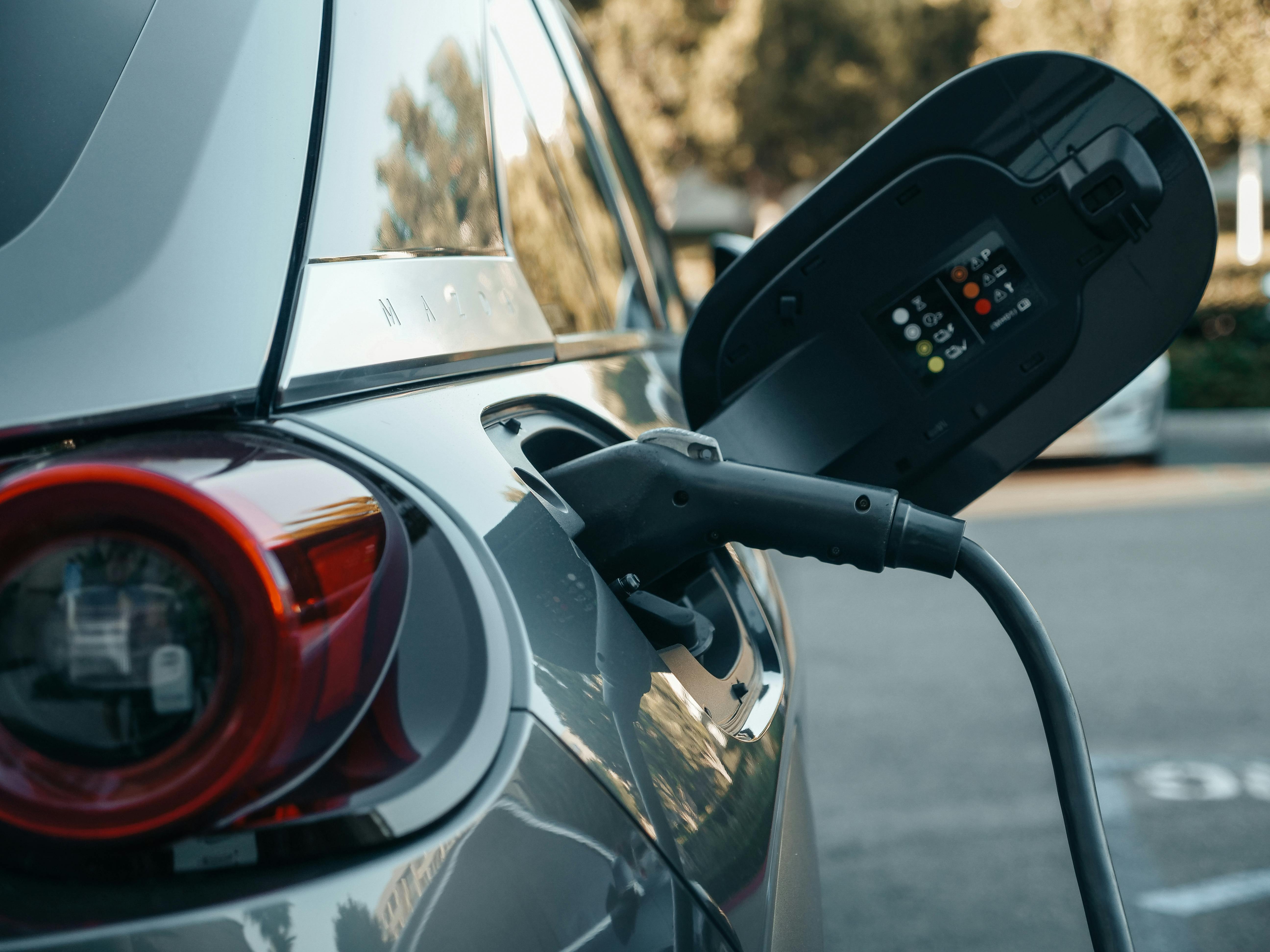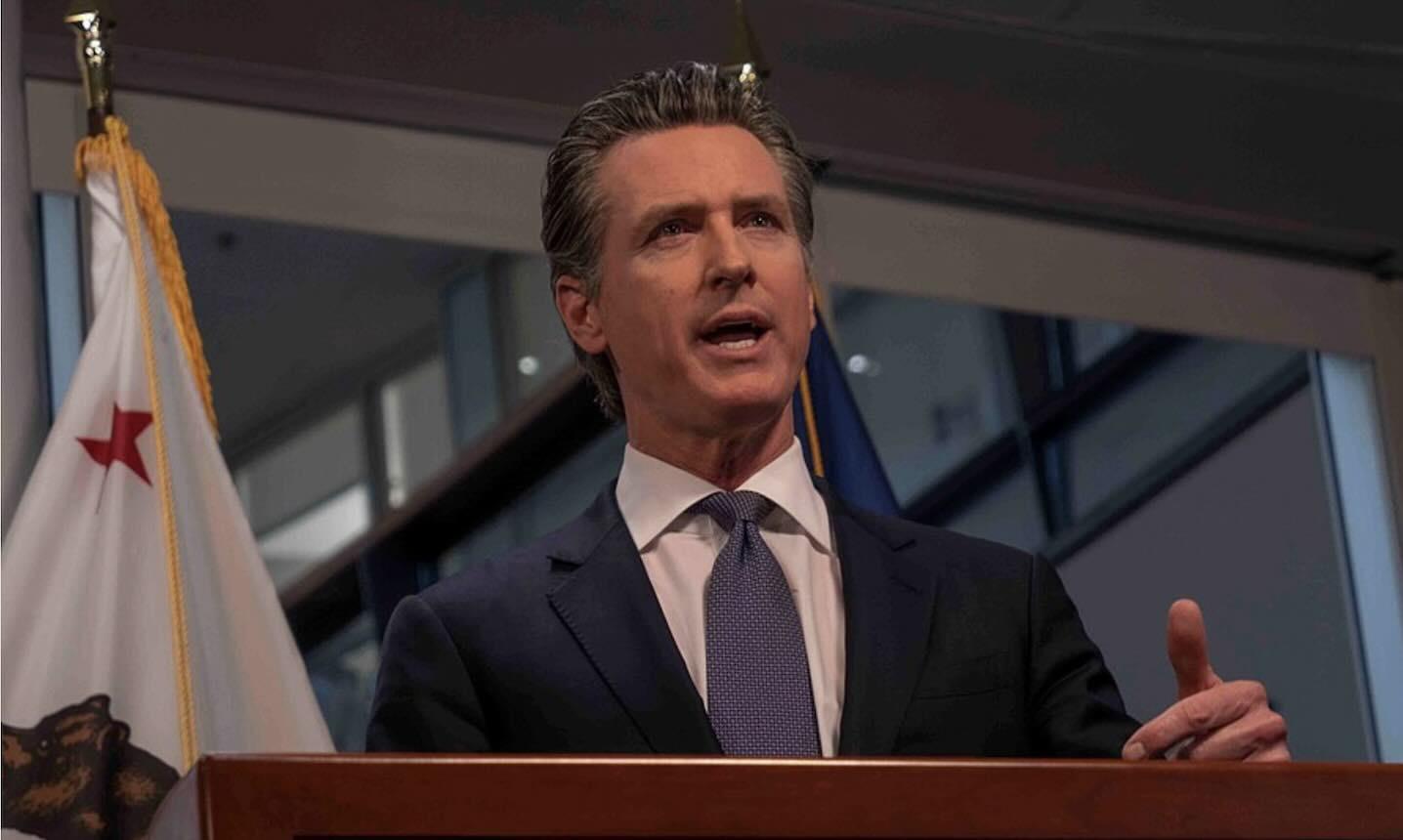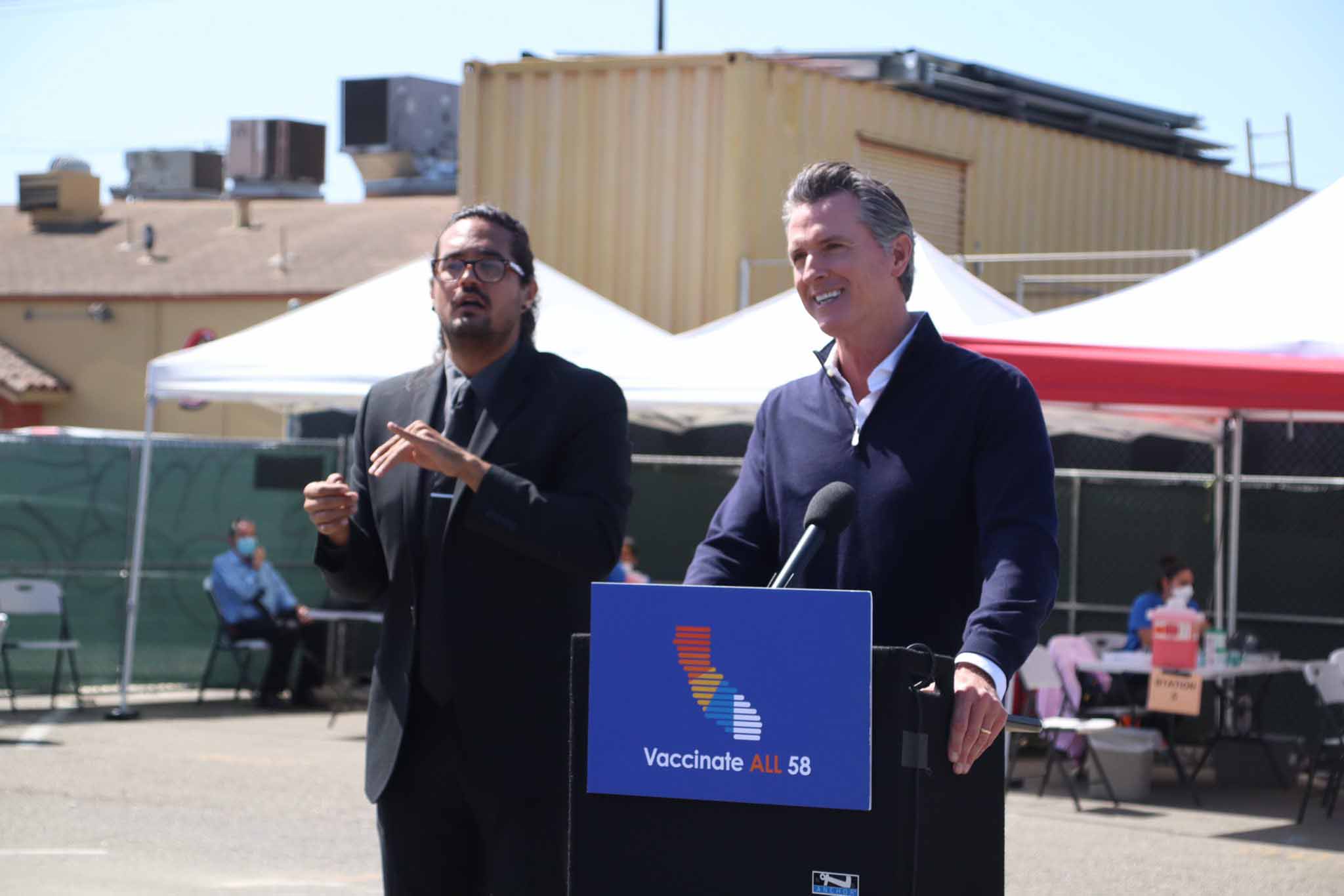
Photo courtesy of the Office of the Governor of California/Twitter
AS gubernatorial candidates for the California recall election make last-ditch efforts to appeal to voters, the highly anticipated vote on whether or not to recall and replace Governor Gavin Newsom is this Tuesday, Sept. 14.
Tuesday’s election is the state’s first recall election since the high profile 2003 recall election in which action star Arnold Schwarzenegger, a Republican, won against then-Governor Gray Davis, a Democrat.
The celebrity nature of that election generated an unusually high voter turnout — around 61%, according to exit polls — for a special election, setting a profound expectation for the recall effort against Newsom.
Early in the election cycle, the recall effort seemed like a performative call from Republicans to California voters who may have been unhappy with the Newsom administration’s handling of the state’s major issues, including homelessness, taxes and the COVID-19 response.
Subsequently, the Newsom camp seemingly didn’t take the effort seriously, characterizing it as a skirmish in the loud-yet-ultimately-fruitless attempt to besmirch the staunch Democratic leader of one of the most staunchly Democratic states in the country.
But as the election’s deadline coincided with an escalation of both the COVID-19 pandemic and disagreements over COVID-19 measures, Newsom now finds himself in a war zone amid ramped-up conservative efforts to prop up their candidates, like conservative talk radio host Larry Elder, who appears to be Newsom’s biggest threat.
A poll released on Friday, Sept. 10 from UC Berkeley suggests that Newsom will likely survive the recall vote (60% of likely voters surveyed said they oppose recalling the governor), but polls don’t always tell the full story.
Even in a state that has remained reliably blue in recent history, conservative tenacity can still make an impact.
“My name may appear on the ballot, but we’re all on the ballot. Our principles, our values are on the ballot,” Newsom told voters at a rally on Wednesday, Sept. 8.
As covered throughout Asian Journal’s political reporting, a majority of the Asian American community — and the Filipino American community alone — votes Democrat.
Despite the community’s history of voting blue, a vocal coterie of Republican Filipinos has been sounding off on Newsom’s policies since before the recall against Newsom was officially announced.
Marc Ang, a Filipino American conservative activist and founder of the nonprofit Asian Industry B2B, has been hosting a series of rallies up and down the state to garner support for the recall effort.
According to a recent interview with ABS-CBN, Ang noted that the COVID-19 pandemic (and Newsom’s stringent measures in response to it) has fuelled the call to replace the governor.
“A lot of people are reminded of what they went through last year, especially those who are not attuned to politics 24/7,” Ang said. “They’re seeing it affecting their lives, affecting their kids being able to go back to school and their businesses being able to go back to operating at the capacity, and the freedom that they were used to.”
Ang’s efforts for this election are primarily centered around getting Newsom out of office, but his support has leaned toward Elder, who has been gaining the most support from Latino and white voters but has also the largest Asian American support among other candidates (not including Newsom).
“I like every single candidate. They all have what it takes to win but Elder is the guy to win and it also brings transformational change to California, which is needed,” Ang said.
Elder’s background in televangelism is also a point of attraction for Filipino American voters, like management consultant Jody Medina who said that she’s tired of COVID-related restrictions.
Medina said she voted for businessman John Cox (who is also running in the recall election) in the 2018 governor’s race and was displeased when Newsom was elected.
“I knew about Larry [Elder] for a while because I listened to his show and he is definitely someone I trust to take over because he’s practical,” Medina, 43, told the Asian Journal on Friday, Sept. 10.
Medina lives in Newport Beach with her husband and three kids and said that while she doesn’t label herself as conservative, she tends to vote with her faith in mind.
“I’ve voted for Democrats and Republicans in the past but those labels don’t mean much to me because I believe that we should elect people who put their faith first,” Medina said.
Elder’s brand of conservatism — which leans libertarian — is often compared to the anti-Establishment veneer that really came to the forefront with former President Donald Trump.
The Trump administration catalyzed an unprecedented wave of civic engagement among all demographic groups, especially the Asian American community.
The COVID-19 pandemic, which brought upon an onslaught of anti-Asian hate crimes and hate incidents, compelled even stronger political participation from Asian American voters who felt that Trump’s anti-Asian rhetoric exacerbated the community’s risk of harassment.
“That time was really ugly, when you would hear these people trying to make these connections between Asians and COVID. It really does impact your mindset and how you feel about certain politicans,” Jessalyn Arias, a Filipino American voter based in San Jose, told the Asian Journal on Thursday, Sept. 9.
Arias, a homecare worker, doesn’t consider herself a very political person. Since becoming a naturalized American citizen in 2010, Arias — who has two school-aged children — has stayed largely unengaged in political talk and gave “only the bare minimum” of participation in elections.
“I have two kids who are in elementary school and middle school, and since the younger one isn’t old enough to get vaccinated yet, she still has a huge risk of getting sick from one of her schoolmates,” Arias explained, saying that two major events have motivated her to become more civically involved.
“Donald Trump and COVID-19 [were] the biggest things to happen that changed the way I see my life here in the U.S.,” she said. “And now we have this recall election where Larry Elder is saying that children won’t ever get sick from COVID-19 and making all these claims that are misleading. That is scary to me both as a mom and as a health care employee.”
While emphasizing her distaste for partisan quibbling and discourse, Arias doesn’t consider herself a Democrat but, rather, that so far, Democratic policies and lawmakers tend to align more with her beliefs.
California Attorney General Rob Bonta, who is Filipino American, opposes the recall and noted Newsom’s pro-Asian American measures and policies in a press briefing last month.
“Gavin is a champion for APIs in California, and time and time again he’s put the needs of our families and our communities front and center,” said Bonta, who was nominated for the attorney general post in March by Newsom.
“When the pandemic hit, Governor Newsom acted quickly to protect our families and most vulnerable community members,” Bonta added. “He listened to the experts, doctors and scientists. He followed data and evidence, and when Donald Trump used the pandemic to spew hate and anti-Asian rhetoric, Governor Newsom stood up and defended our communities.”
In recent weeks, support for Newsom has strengthened as Democratic lawmakers — including President Joe Biden and Vice President Kamala Harris — from across the country have been encouraging Californians to vote no on the recall ballot.


